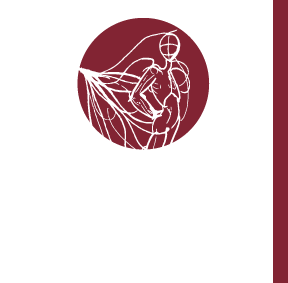Abstract
The interaction between the individual and the environment has a strategic significance for welfare purposes and
shows the importance of the bilateral nature of the relationship. It highlights how promoting health means acting on
the environment and on the individual.
In terms of health education, for health workers it is no longer a question of intervening from the outside on behavior,
but of inserting themselves into situations, in the processes of interaction, as active protagonists of a complex system.
This orientation of the health system requires a reinterpretation of the role of operators, through the adoption of the
participatory planning method, which requires interpreting one’s work as a problem solving process. To get to the
solution of the problems it is necessary to identify the elements of difficulty that the patient encounters, thus adopting
methodologies that allow for an exchange relationship. Nurses, in all health systems, have a privileged position due
to the capillarity of their action, inherent in the “to care” of nursing care, and of their contacts with citizens and clients. In particular towards the patient he teaches the correct assistance maneuvers and the most appropriate attitudes
to be adopted to favor the change of behaviors and the achievement of awareness of a new state of health and a new
degree of autonomy.
The most suitable educational method that should be used by the nurse in the path of therapeutic education, is to link
learning to action, in clinical practice, alongside the patient, promoting healthy lifestyles and the dissemination of
a culture of health. Educational intervention aims at personalizing care and can improve health status and reduce
healthcare costs.
Alongside the ethical value and professional duty, it is necessary to use methodologies, techniques and methods to
provide a structured set of specific information, with a simple and understandable language, speaking.

This work is licensed under a Creative Commons Attribution-NonCommercial-NoDerivatives 4.0 International License.
Copyright (c) 2021 Journal of Advanced Health Care





